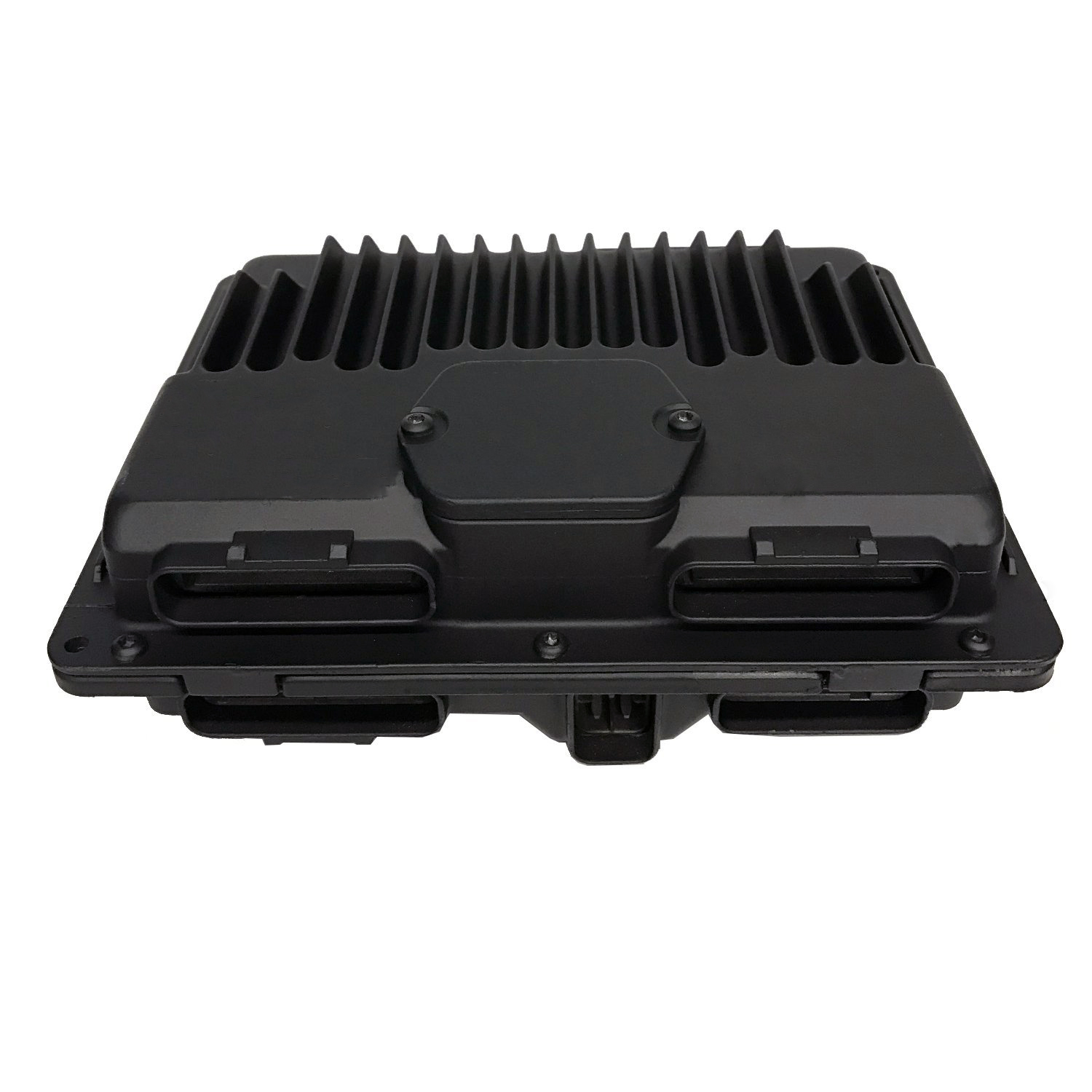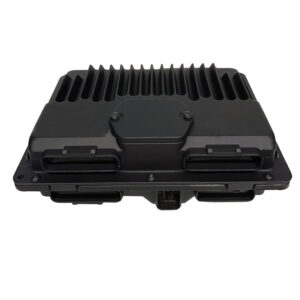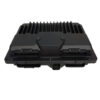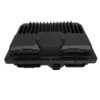Restore Peak Performance to Your GM Truck or Van
If you’re dealing with frustrating engine problems in your 1999-2001 Chevrolet Astro or another compatible GM vehicle, a failing Powertrain Control Module (PCM) is often the culprit. As a mechanic with over two decades of diagnostic experience, I’ve seen firsthand how a faulty PCM can cause a cascade of issues that are difficult to pin down. This replacement PCM is your direct, reliable solution to get your vehicle running smoothly again. It arrives programmed with the latest GM software updates, specifically matched to your vehicle using your VIN. This eliminates the need for an expensive trip to the dealership for programming, saving you time and money.
Is Your Vehicle Showing These Signs of PCM Failure?
A failing computer can manifest in numerous ways. Before you start replacing expensive sensors, check if your vehicle is experiencing any of these classic PCM failure symptoms. A faulty 1999-2001 Astro PCM can be the root cause of:
- ✔ Check Engine Light is on with communication-related codes (like U0100) or internal processor codes (P0601, P0606).
- ✔ Engine stalling, sputtering, or intermittent starting issues.
- ✔ Poor fuel economy and noticeable loss of power.
- ✔ Harsh or erratic automatic transmission shifting.
- ✔ Failure to pass state emissions testing.
- ✔ Other modules on the data network, like the ABS or airbag system, setting ‘loss of communication with PCM’ codes.
From the Diagnostic Bay: The Case of the Heat-Soaked S10
I once had a 1999 Chevy S10 with the 4.3L V6 that would start and run perfectly when cold, but after about 20 minutes of driving, it would stall and refuse to restart until it cooled down completely. The owner had replaced the fuel pump and ignition module with no luck. When I connected my scanner, I noticed the data stream from the PCM would freeze right before it stalled. On the bench, I used a heat gun to gently warm the PCM, and sure enough, it would fail every time. The internal processors on these older modules can develop micro-fractures that separate when hot, breaking the circuit. Replacing the PCM with a properly programmed unit solved the problem for good. It’s a classic failure mode I’ve seen dozens of times.
Straightforward Installation to Get You Running
Installing your replacement 1999-2001 Astro PCM is a manageable job for a confident DIYer. Our pre-programming service handles the most complex part, but you’ll need to follow these steps carefully to ensure a smooth process.
- Safety First: Disconnect the negative terminal from your vehicle’s battery and secure it away from the post to prevent accidental reconnection.
- Locate the PCM: On most Astro/Safari vans, the PCM is located on the driver’s side of the engine bay, near the battery. On other trucks and vans, it may be on the LH or RH fender well or firewall. Consult a repair manual if you’re unsure.
- Disconnect the Connectors: Carefully unclip the wiring harness connectors from the old module. These connectors have locking tabs that must be released. Inspect the terminals for any corrosion or damage.
- Remove the Old Module: Unbolt the old PCM from its mounting bracket. Keep the hardware, as you may need to reuse it.
- Install the New Module: Mount your new, programmed PCM and securely reconnect the wiring harnesses. You should hear a ‘click’ as they lock into place.
- Reconnect the Battery: Reattach the negative battery terminal.
- Perform Relearn Procedure: In many cases, you will need to perform a Security Relearn (Passlock/VATS) and a Crankshaft Position Variation (CASE) Relearn. The security relearn can often be done without special tools (typically involves cycling the key), while the CASE relearn requires a capable bi-directional scan tool. This step is critical for preventing a no-start condition and ensuring proper engine operation.
Verified Fitment For These GM Models
This module is a direct replacement for service number 16263494 and is also compatible with part numbers 16265035, 8162634940, 218-11787, and 21811787. Please verify your vehicle is on this list and, if noted, that the ID on your original module matches.
GMC SAFARI 99-01 (ID 16263494)
CHEVROLET/GMC S10/SONOMA 98-00 (4.3L)
CHEVROLET BLAZER / GMC JIMMY 98-00
OLDSMOBILE BRAVADA 98-00
GMC ENVOY 98-00
ISUZU HOMBRE 98-00 (4.3L)
CHEVROLET/GMC 1500/2500/3500 PICKUPS 99-00 (Gasoline)
CHEVROLET SILVERADO / GMC SIERRA 1500 99-00 (4.3L V6)
CHEVROLET TAHOE / GMC YUKON 99-00 (Gasoline, Classic Style)
CADILLAC ESCALADE 99-00
CHEVROLET SUBURBAN 1500/2500 99 (Gasoline)
CHEVROLET EXPRESS / GMC SAVANA VANS 1500/2500/3500 99-02 (Gasoline)
Note: Some 1998 models require build date option ZN4. Please verify fitment.
Frequently Asked Questions
Why do you need my VIN?
Your Vehicle Identification Number (VIN) allows us to program the module with the exact software and calibrations your vehicle was built with. This ensures compatibility with your engine, transmission, and other options, making the installation process as simple as possible.
Is this part truly ‘plug and play’?
It is ‘plug and program.’ We handle the complex programming to your VIN before shipping. However, as noted in the installation guide, you will likely need to perform a simple security relearn procedure and a CASE (crankshaft) relearn, which requires a scan tool. This is a standard requirement for any PCM replacement on these vehicles.
Will this fix my ‘no-start’ problem?
If the no-start is caused by a failed PCM, yes, this will be the solution. Common indicators are a lack of ‘check engine’ light at key-on or no communication with a scan tool. However, a no-start can also be caused by issues with fuel, spark, or security systems, so proper diagnosis is always recommended.
Does this come with the latest GM software?
Yes. We flash every module with the most current software version available from GM for your specific VIN. This can often resolve drivability issues that were present even with the original factory programming.



